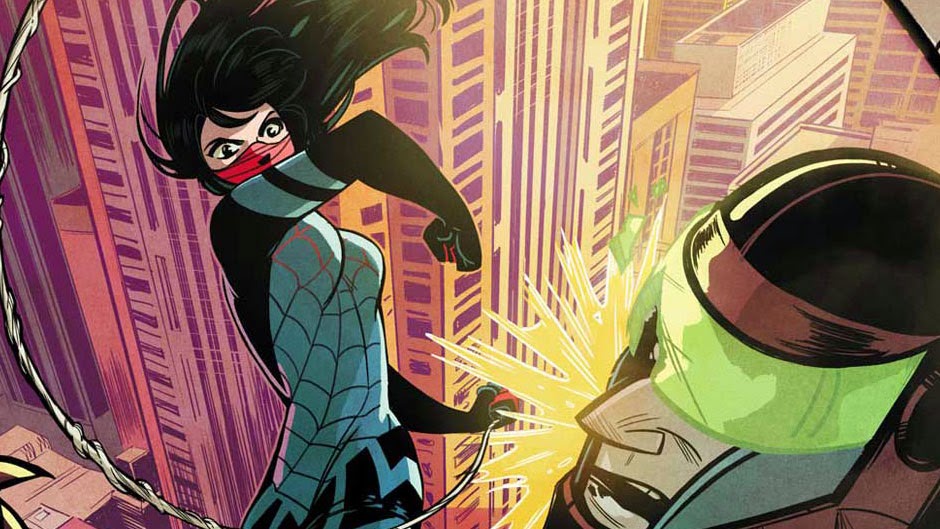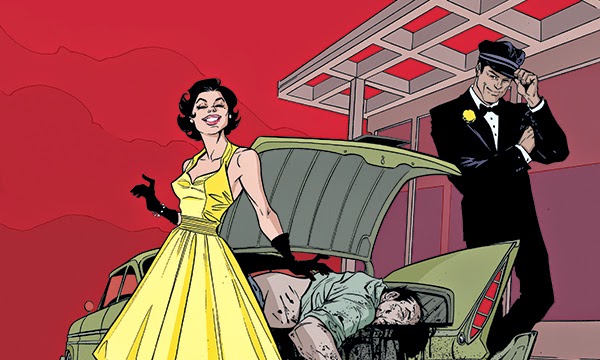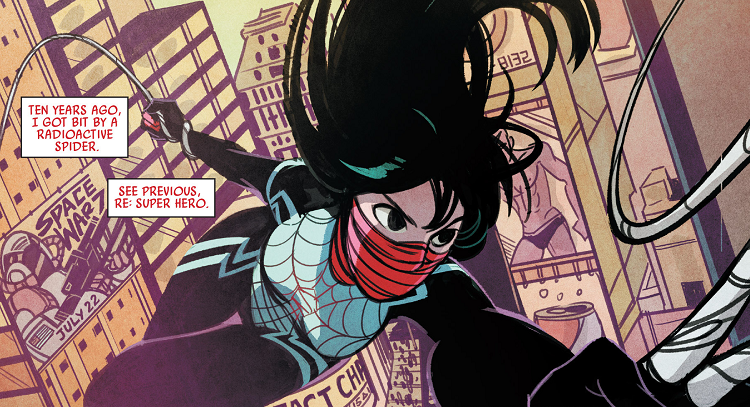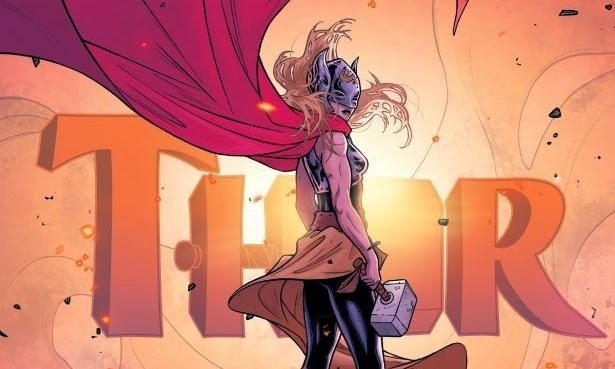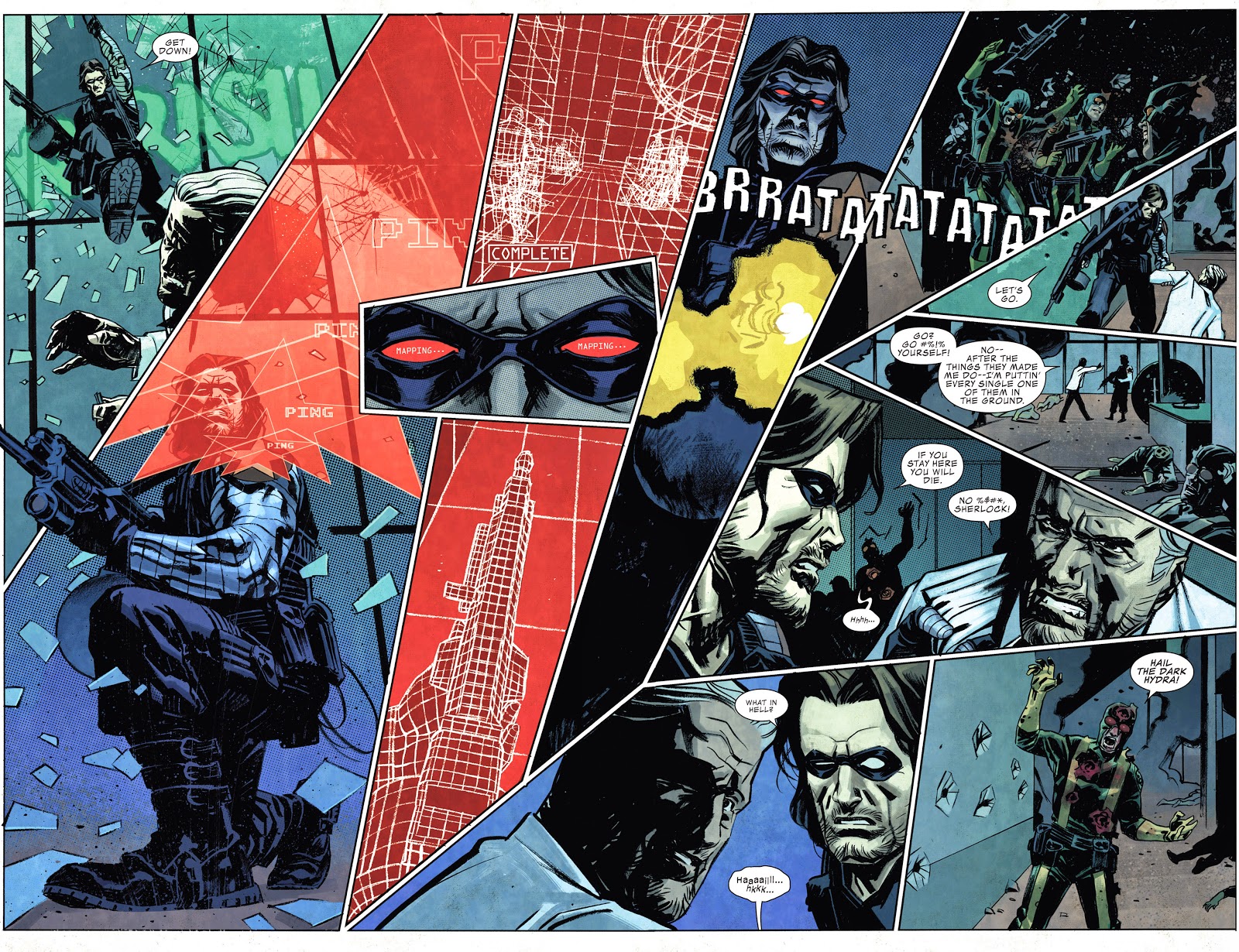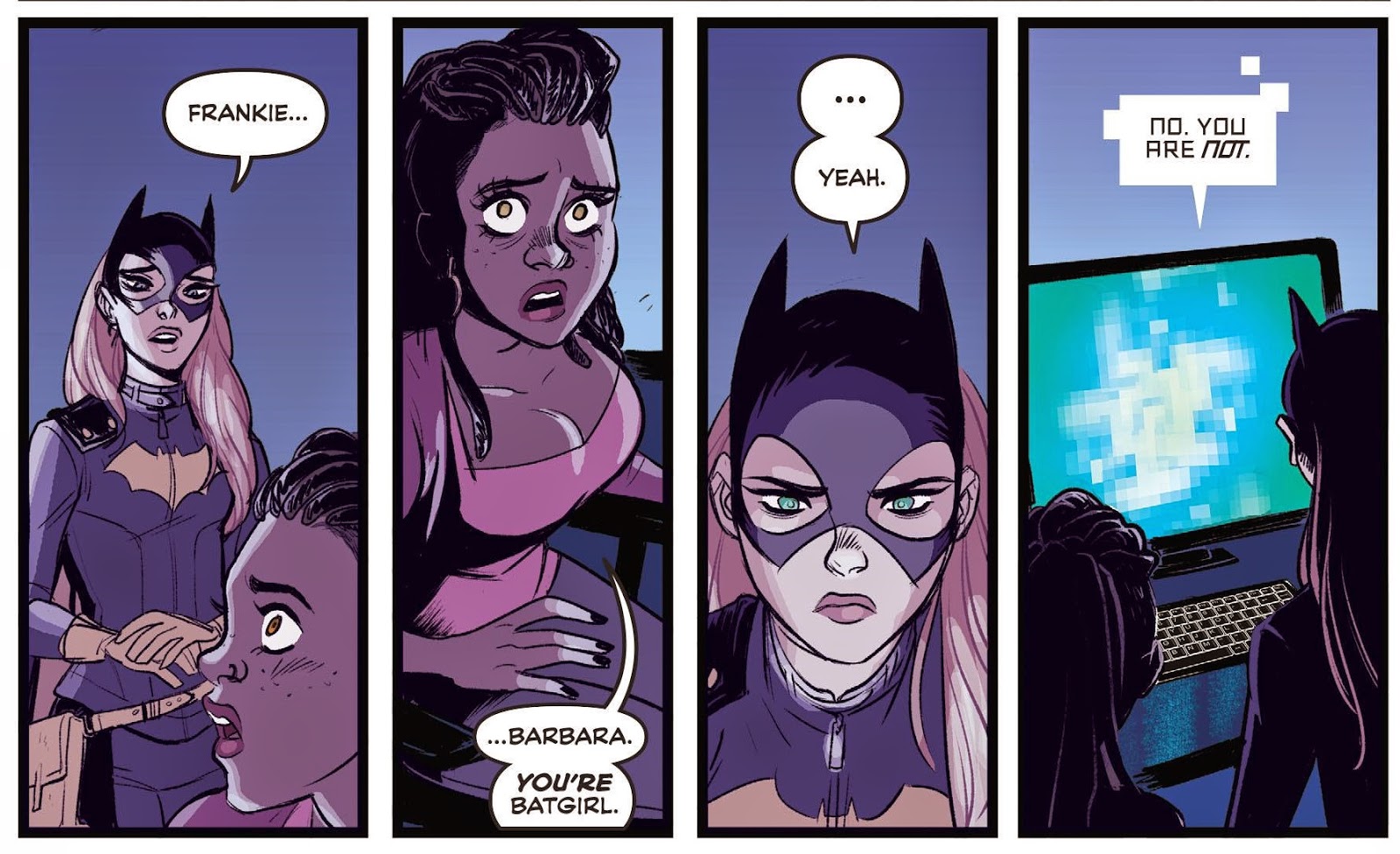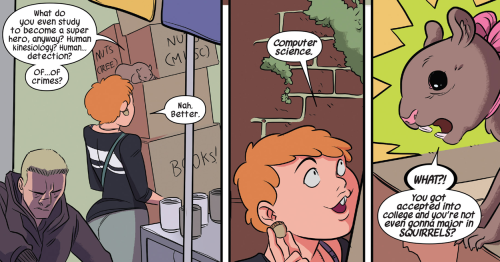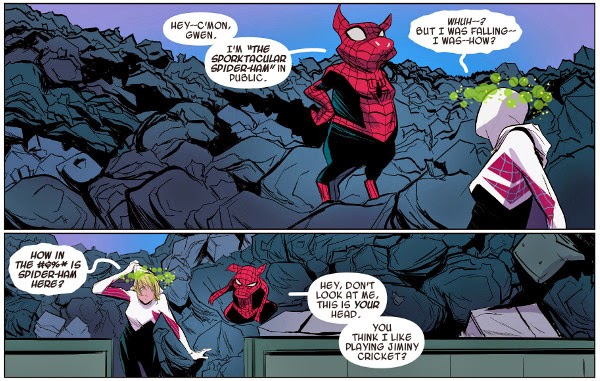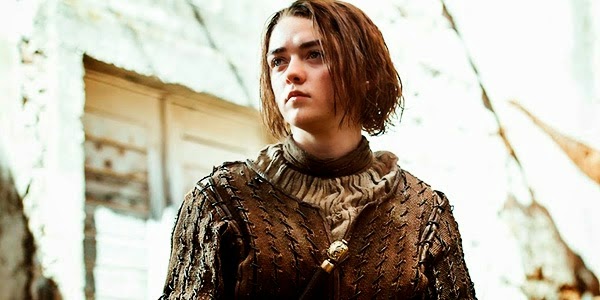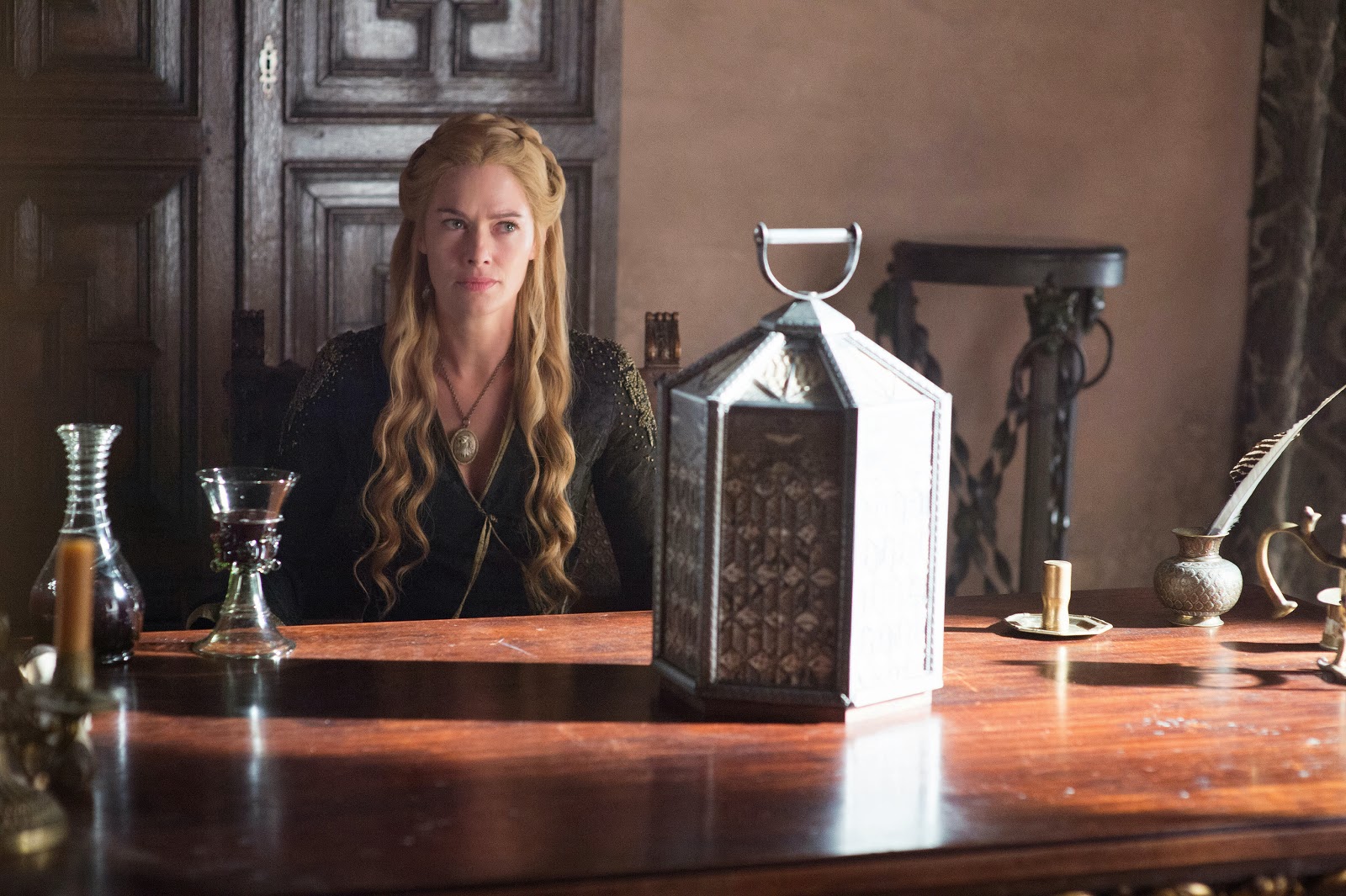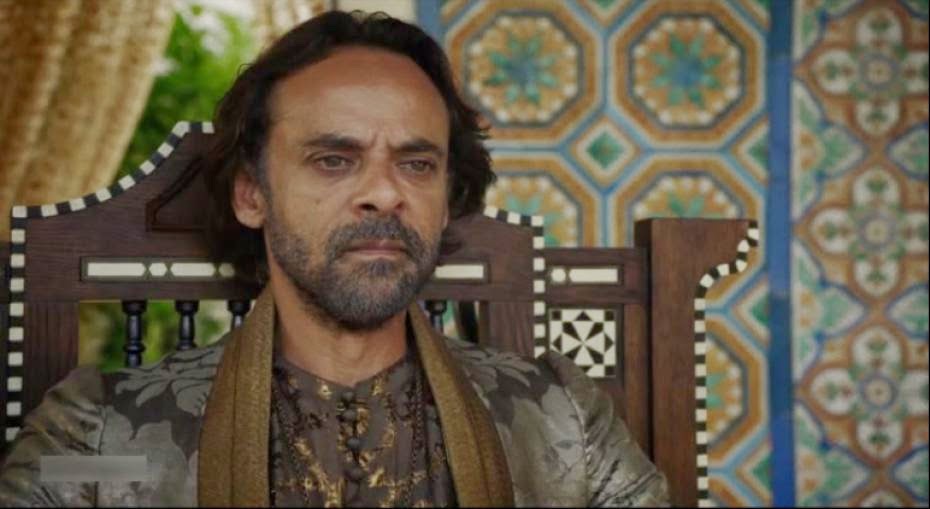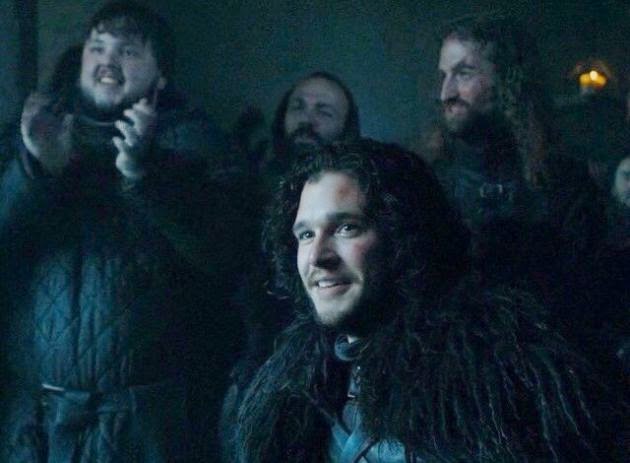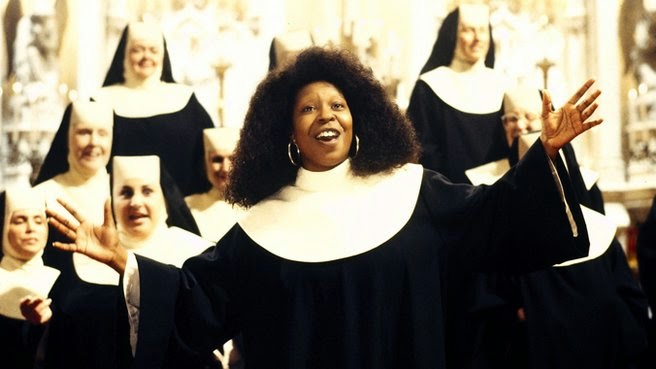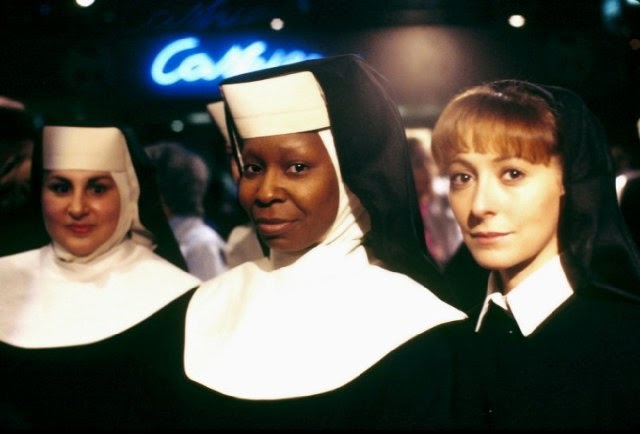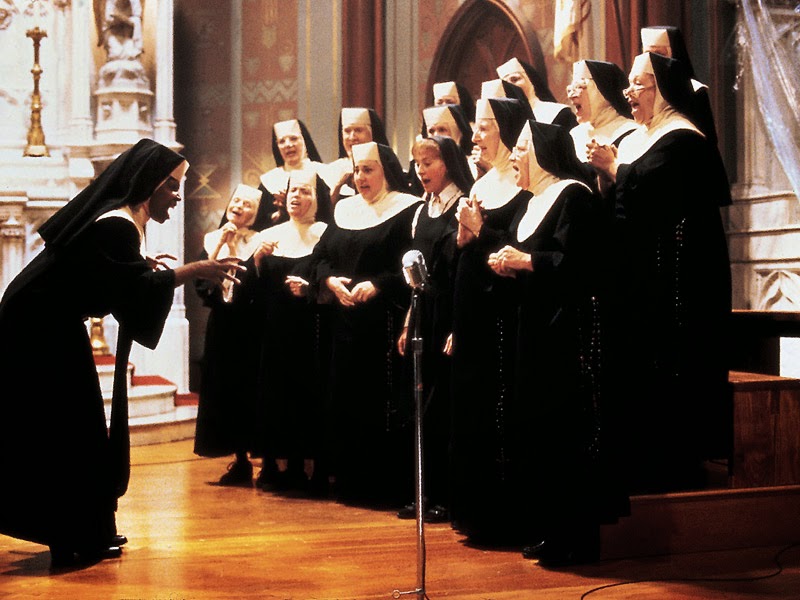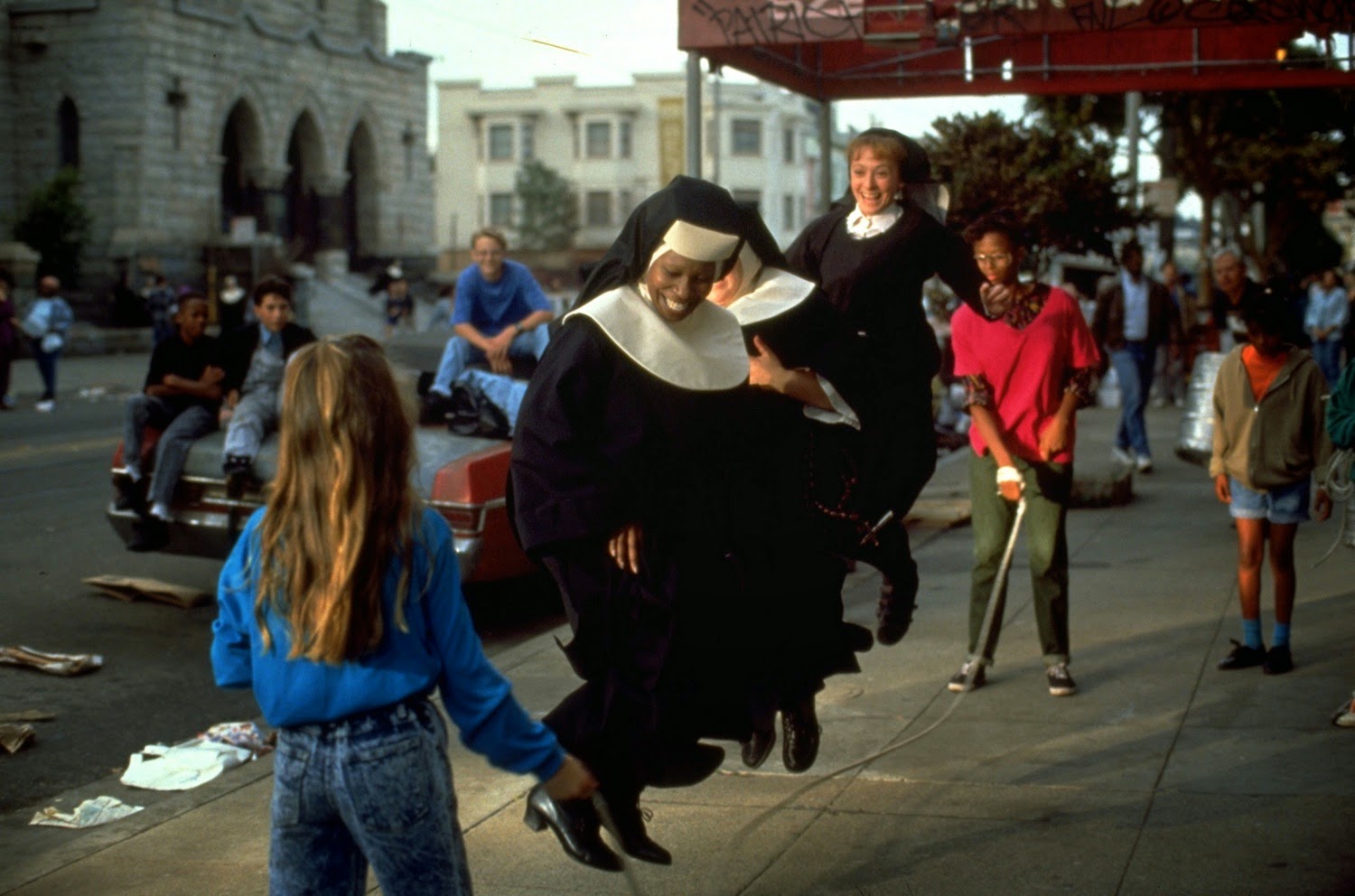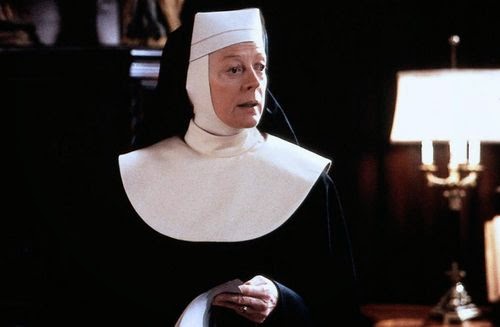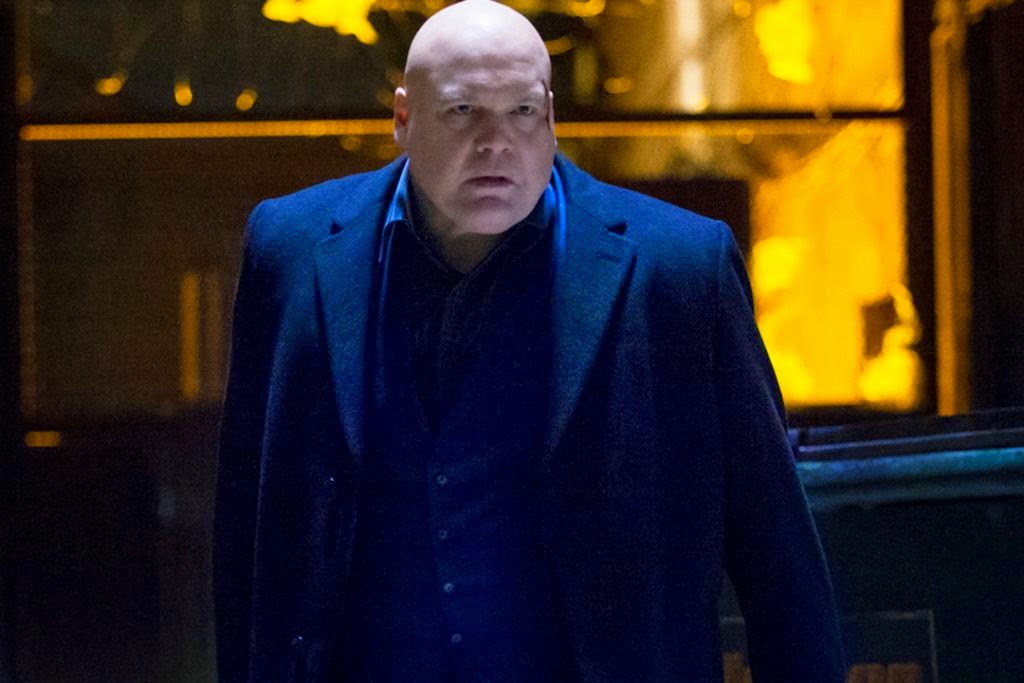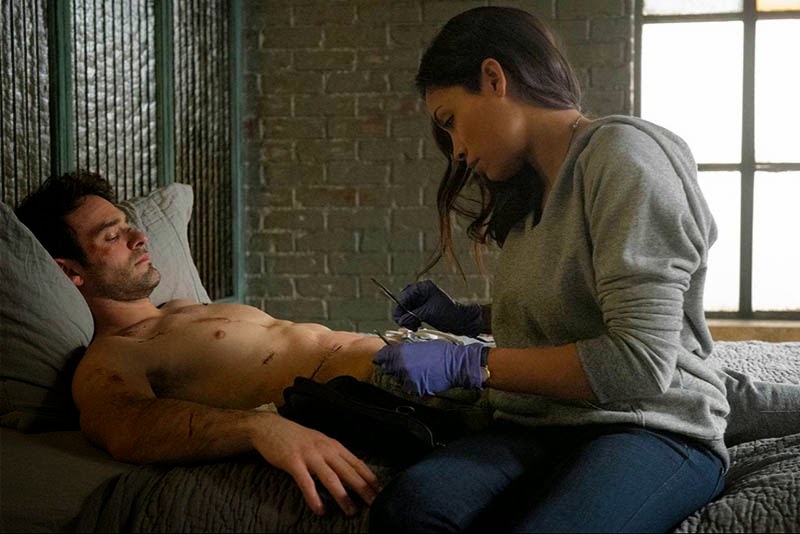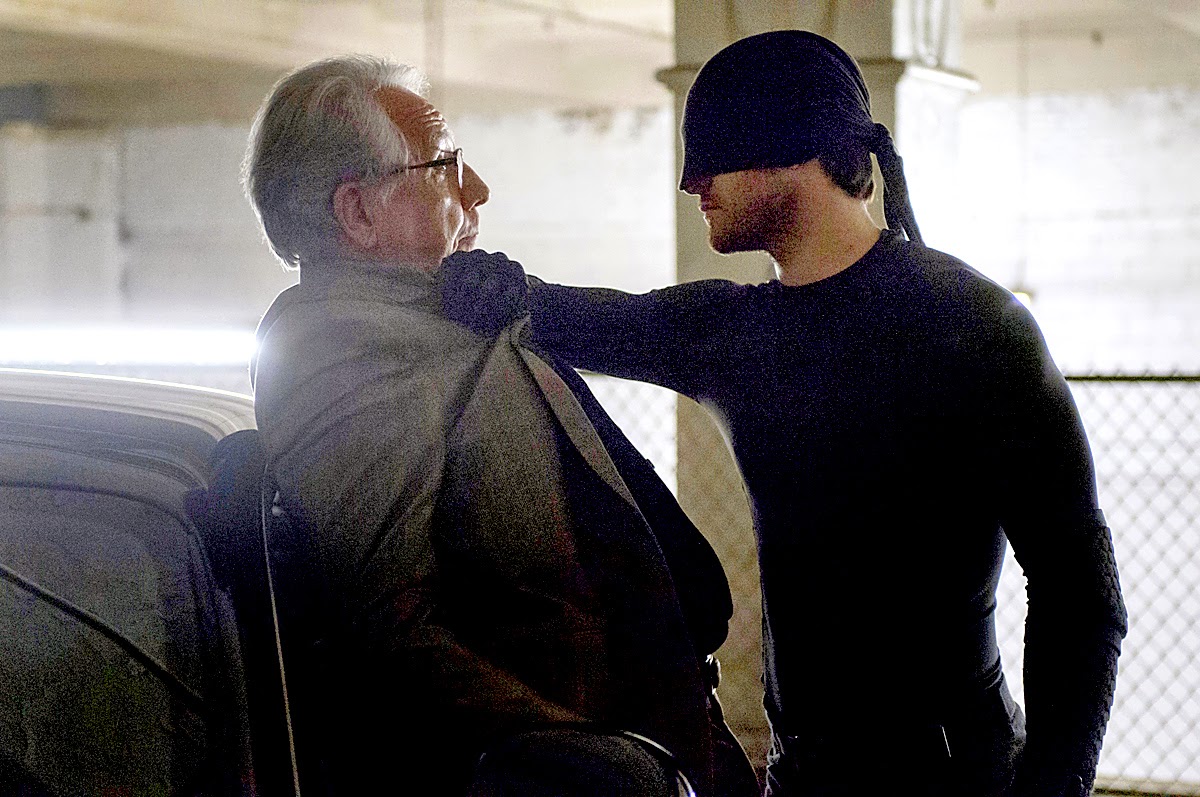I’ve never really been comfortable cosplaying. First and foremost, because it’s always seemed like a lot of effort, but I will admit that a huge part of my hesitance has always come down to one thing: I am way too big to cosplay as any of my favorite characters.
And I know that’s self-defeating and I’m not really because who cares about body type? But I still think that. I think that I could cosplay as Peggy Carter or Xena or Veronica Mars or Lagertha or Maleficent, but I wouldn’t really look like them. And there are loads of people who will do those cosplays so much better than I could. Why bother?
 It’s taken me years to break this down and analyze it for what it truly is, because I don’t really like thinking of myself as being insecure about my weight. Well, my weight and my height. I’m a fat, tall person, and frankly, I’ve never really seen a character I wanted to cosplay badly enough to make me want to put my body on display like that. Until I finally watched Steven Universe and saw something amazing: bodies. All different kinds of bodies. Some of which actually look like mine!
It’s taken me years to break this down and analyze it for what it truly is, because I don’t really like thinking of myself as being insecure about my weight. Well, my weight and my height. I’m a fat, tall person, and frankly, I’ve never really seen a character I wanted to cosplay badly enough to make me want to put my body on display like that. Until I finally watched Steven Universe and saw something amazing: bodies. All different kinds of bodies. Some of which actually look like mine!
See, what slowly dawned on me as I started watching Steven Universe in earnest is that this show is doing something genuinely revolutionary in children’s animation. Not only is it a really interesting show about space and fighting monsters and being a hero, it’s a show that takes representative diversity very seriously. It’s a show that has clearly been designed very intentionally, with awareness of the fact that their audience is made up of little kids longing to see themselves as the heroes on screen. And that seeing those heroes look like them would change these kids’ lives.
So for those of you who haven’t yet made Steven Universe appointment television, it goes like this. Steven Universe (Zach Callison) is a little boy who lives with his three mothers (or two mothers and pseudo-sister, if you want to be more specific) in a temple by the sea. He lives with them because he and they are Crystal Gems, a sort of alien superhero species tasked with protecting the Earth from monsters that keep trying to attack it.
Steven is only half-Gem, however. His other half is that of his human father, Greg Universe (Tom Scharpling). Steven’s biological mother was a Gem named Rose Quartz (Susan Egan). Rose tragically died in giving birth to Steven (more or less) – a plot point that becomes more important as the show goes on – and now Steven is raised by Rose’s fellow Gems. The Gems, Garnet (Estelle), Amethyst (Michaela Dietz), and Pearl (Deedee Magno) adore Steven as their own son, even if his human ways confuse them sometimes.
The bulk of the show is your standard Cartoon Network kids’ fare, albeit much more imaginative than anything I remember from my childhood. In any given episode we might see Steven and the Gems fight a horde of centipede monsters or we might just see a whole episode of Steven trying to get his action figure back from another little kid.
It’s not the action and storylines that are revolutionary here – well, they are but not in terms of body size and representation – it’s the way the universe is built.
See, in the world of Steven Universe, all sorts of people get to be heroes. All sorts of people who look all sorts of different ways. Steven himself is a chubby little kid with big bushy hair, and no one ever comments on this, says that Steven is fat and should lose weight, or in any way even acknowledges it. Steven is pudgy. So what?
In fact, there is an entire episode devoted to Steven’s desire to start working out and “get beefy” as he puts it – “Coach Steven” – never once mentions Steven getting thin. That’s not one of his stated intentions or even a side effect. Steven doesn’t want to be skinny or lose weight, he just wants to put on muscle so that he can be a better fighter. And though he does corral a group of friends to work out with him, none of them say they want to lose weight either. They’re there to get strong, which is a great message.
The humans of Beach City, where most of the action of the show takes place, are a pleasing mix of races and body types. And it’s clear this is not an accident. The animators have very definitely made a choice here to include body diversity. We can see this most clearly when a close-up shot of a secondary character, Sadie (Kate Micucci) shows her to have leg hairs. That means the animators and artists specifically drew leg hairs onto Sadie’s legs because they wanted kids to see that body hair is normal and okay.
But what really gets me is the Gems. Because while the show is unclear on how much control the Gems have over their base appearances, they have the power to shapeshift and can look like whatever they want. So this makes it really interesting that a lot of the Gems we meet are what we would call “plus-sized”.
I’ve already mentioned Rose, who is characterized at one point by Greg as a “giant woman” – she is apparently over eight feet tall and very heavy – but there’s also Amethyst, who although being a very talented shapeshifter (she appears as various animals and at one point a male pro-wrestler), chooses to stick to her main form as a short, heavy-set woman. Garnet is a tower of muscles and black skin, and while Pearl is the most “conventionally attractive” of them all, being tall and thin, that seems more likely to be because that’s an efficient bodytype when your preferred weapon is a fencing foil.
The Gems have complete control over how they look, and they choose to look, well, normal. Frequently plus-sized. Non-white in some cases. They don’t look like glamorous superheroes torn from the centerfold, but like actual people you could meet on the street. If you can get past Amethyst’s skin being purple, that is.
Clearly the Gems have no internalized crap about body image or weight, but what’s super cool is that in this universe, it kind of seems like no one does. No one tells the Gems they’re ugly. A recent episode revealed that one of the recurring characters had a big crush on Garnet and thought she was incredibly beautiful. Which is good, because she is. Rose is established as having been gorgeous and beloved, and no one ever says that she was too fat to fight.
And it’s made perfectly clear that the Gems live in a world that doesn’t acknowledge body shaming. At one point Steven and his friend Connie “fuse” into one person, fondly known as “Stevonnie”. Stevonnie is about six feet tall, genderless, and not-white, and the general reaction in town isn’t “Ah, what the hell is that thing and where did it come from!”, it’s one of jaw-dropping attraction and general appreciation.
No one in this world seems to care what anyone else in this world looks like, at least not any of the characters we’re meant to like. At one point another Gem seems on the verge of pointing out that Steven is the only boy Gem, but then doesn’t. In fact, it’s never really mentioned. That fact, like the fact of Rose’s fatness or Garnet’s blackness, is never relevant to the story.
It does my heart a lot of good to watch this show and imagine a world where no one gives two craps about my weight. But I can only dream of how much this must mean to the little kids watching it. I mean, bear in mind, this is a children’s show. It is meant to be consumed by children. And those children will be watching the wacky adventures, thinking to themselves, “These heroes look like me. That means I could be a hero too!”
I cannot emphasize enough how important that is to a little kid. But I probably don’t have to. Chances are, you remember what it was like to want someone who looked like you in a leading role. You wanted to be able to imagine yourself as the hero, and it’s always been easier if you can look at the screen and see someone up there who looks as fat, as black, as hairy, as short, as ridiculously tall, as whatever as you do.
It would be massively overstating it to say that Steven Universe has solved all of our representation problems forever. It hasn’t. Representation is still an issue that needs to be addressed. But this show is a massive step in the right direction. Fat characters whose weight is never the punchline or even the storyline. Black characters who have natural hair and are called beautiful. Women with leg hair. Women with big butts. Little boys who cry and talk about their feelings a lot. It’s all there, and it’s all really important.
In a world where the most common representation of fat women is as a problem to be fixed, where we are generally considered sexually undesirable, and where our bodies are viewed as public property to be commented and acted on at will, Steven Universe is, well, revolutionary. It gives me hope. It shows me that I can be fat and beautiful and loved, and it makes me think that just maybe there’s a little kid out there who is going to see this show and never think that being fat means they can’t be everything good too.
Also, I'm totally going to cosplay Rose Quartz at GeekGirlCon this year.







